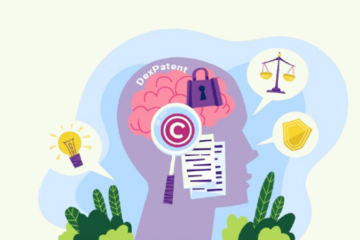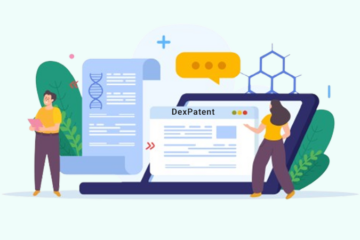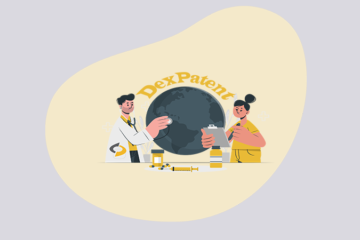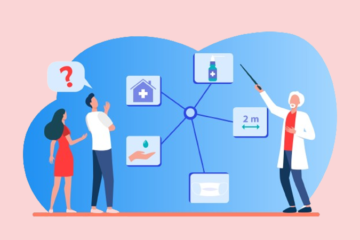Should You Patent Every Invention? Legal and Strategic Insights You Should Know

When people think of inventions, the first thing that often comes to mind is a patent. After all, patents grant inventors exclusive rights over their creations, protecting them from competitors. But here’s the key question: must all inventions be patented? The answer is no—and the reasons lie in legal, commercial, and strategic considerations.
Did you know? Some of the world’s most valuable innovations—like the Coca-Cola formula—were never patented, yet remain protected to this day.
Patents are powerful, but not always necessary
A patent offers inventors a 20-year monopoly in exchange for publicly disclosing their invention. To qualify, an invention must meet the standards of novelty, inventive step (non-obviousness), and industrial applicability (utility).
However, not all inventions are—or should be—patented. Some companies deliberately choose trade secrets or first-mover advantage instead of public disclosure.
A classic example is the Coca-Cola formula. Rather than patenting its recipe (which would have made it public and time-limited), Coca-Cola chose secrecy—and successfully protected its formula for over a century.
On the other hand, in sectors like pharmaceuticals, patents are often indispensable. Without patent protection, generic competitors could instantly replicate new drugs, undermining the return on years of R&D investment.

What cannot be patented?
Global patent systems (such as the USPTO, European Patent Office, and TRIPS) exclude certain categories from patent protection. These exclusions exist to prevent the monopolization of fundamental knowledge or ethically sensitive subject matter:
- Abstract ideas and algorithms – e.g., Alice Corp. v. CLS Bank (2014) limited software patents in the U.S.
- Laws of nature and natural discoveries – Myriad Genetics (2013), where the U.S. Supreme Court ruled that isolated human genes cannot be patented.
- Medical treatment methods – In countries like Europe and India, therapeutic and surgical methods for humans or animals were excluded from patentability, although medical devices used in such procedures may still be patented.
- Aesthetic creations – Literature, music, and art are protected by copyright, not patents.
- Morality/public order exclusions – Inventions harmful to public health, the environment, or national security are barred.
- Plants and animals – While plant varieties and animal breeds are often excluded, microorganisms and certain biotech processes may still be patentable.
These legal boundaries help maintain a balance between innovation incentives and public interest.
Strategic considerations
Even when an invention qualifies, filing may not always be the best strategic move. Inventors and businesses must weigh several key factors:
- Disclosure risk – Patent filings must disclose the invention in detail. Once published, this information enters the public domain—even if the patent is rejected or expires.
- Costs – International patent filings (e.g., under the Patent Cooperation Treaty) can be expensive, involving legal fees, translation costs, and maintenance fees across multiple jurisdictions.
- Patentability hurdles – Minor improvements or obvious features often fail to meet the inventive step requirement.
- Enforcement – A patent is only as strong as its owner’s ability to enforce it in court. Litigation can be time-consuming and costly.
Tip: Companies may choose trade secrets when they want long-term protection without disclosure—especially when reverse-engineering is difficult.

Real-world lessons: To Patent or Not to Patent
Here are a few high-profile examples that illustrate different IP strategies—and why not all inventions are patented:
- Apple v. Samsung (2011–2018): Apple used design and utility patents to protect the iPhone’s look and functionality, leading to years of litigation against Samsung and resulting in billions in damages. The case highlighted how patents can be a powerful competitive weapon in the tech industry.
- DuPont v. Kolon (2011): A case involving trade secret theft of DuPont’s Kevlar technology resulted in a $919 million verdict. This showed that secrecy, when properly protected, can be just as powerful as patent rights.
- Novartis v. India (2013): India’s Supreme Court rejected Novartis’s patent for the cancer drug Glivec (Imatinib Mesylate), ruling that the new beta crystalline form did not demonstrate a significant enhancement in therapeutic efficacy over the known substance. This highlights the legal limitations of what qualifies for patent protection, particularly in developing countries with strong public interest safeguards and anti-evergreening provisions
Conclusion
Not all inventions need to be patented—and many cannot be. The decision depends on the nature of the invention, the industry and competitive landscape, the applicable legal frameworks and your business goals and strategy. For some, patents are indispensable tools. For others, options like trade secrets, copyright, or first-mover advantage may be more effective.
- Before asking “Can my invention be patented?”, you should also ask: “Should it be patented?”
- “Is it patentable worldwide?
- Would another form of protection serve better?












0 Comments